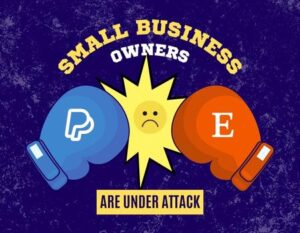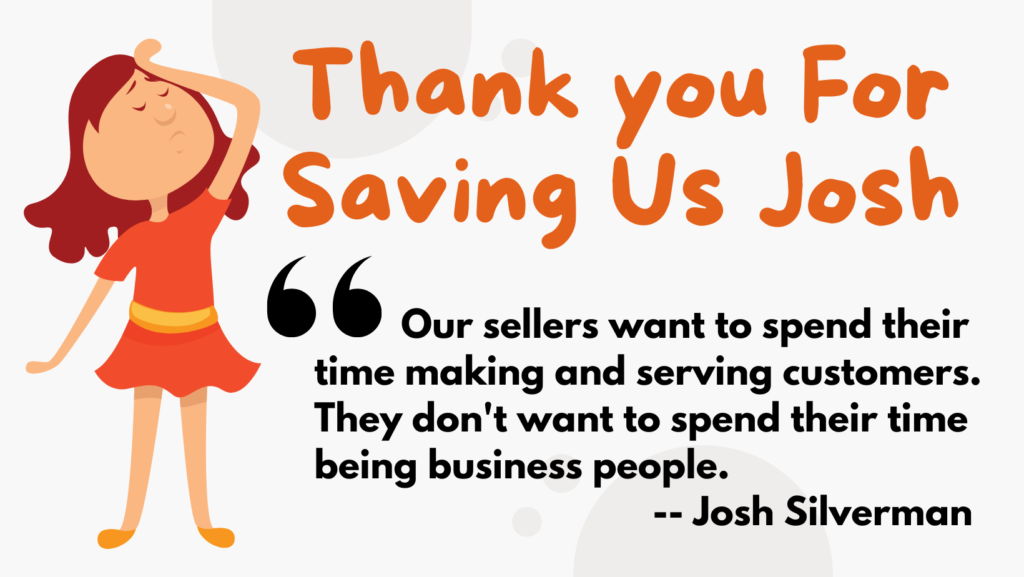Reserves Have Gone Off the Rails
 Let’s get this out of the way first: YES – business owners should have 3 to 6 months of funds set aside to cover operating expenses; 12 months if you run a brick and mortar retail store. If you are running your business “properly,” you will not feel the impact as greatly if Etsy or Paypal put your funds on reserve.
Let’s get this out of the way first: YES – business owners should have 3 to 6 months of funds set aside to cover operating expenses; 12 months if you run a brick and mortar retail store. If you are running your business “properly,” you will not feel the impact as greatly if Etsy or Paypal put your funds on reserve.
But people running their businesses on a tight budget IS NOT THE REAL PROBLEM and really should not be part of any discussion about reserves. I believe that Etsy and PayPal and other payment processors are abusing their power as industry leaders to force stores into reserves without sufficient cause. And THAT is the big problem. Their rationale is that putting stores in reserve is a common industry practice.
“Reserves are a common industry practice used by payment processors and other financial institutions to ensure that businesses are able to cover disputes and refunds from their customers.”
It may be a standard industry practice, but it appears that whatever tool they use to determine risk factors has been, shall we say, over-exuberant. Even if you are factoring in the big uptick in ecommerce scams, their risk determinations seem completely off the rails.
Many stores that that would never have been considered high-risk before are now on reserves. Stores that have been in business for years without any, or very minimal, issues are being put on reserves. This scenario no longer qualifies as standard industry practice. The standards are now new – and personally, I would like to know exactly what those new standards are.
There are only 2 reasons I can think of that could explain why so many stores are now being identified as high risk.
- These big companies are incompetent or unprepared or lazy. They don’t want to spend the time developing a better way to calculate what would be considered a true high risk in the current ecommerce environment. So it’s easier to just throw out a wide net.
OR
- These big companies are abusing their power to disrupt the cash flow of small businesses in order to improve their own cash flow.
Either way, the result is the same. I call it “Predatory Withholding.” Just like Predatory lending, these companies are imposing unfair and abusive terms on small business owners by keeping their money in reserves without cause.
And like predatory lenders that prey on people who may not have a lot of options to choose from, predatory withholders know that they don’t have a lot of competition and that it’s not easy moving a well-established store to a new platform.
Etsy, PayPal, and other companies employing these predatory tactics need to be held accountable. It’s time for them to start thinking more about customer service and less about customer punishment. That’s not how it’s supposed to work.

